
Despite the name, the new international body will not be able to prosecute the crime of aggression but is viewed as the first step toward creating another, Nuremberg-like war tribunal to put the entire Kremlin on the stand.
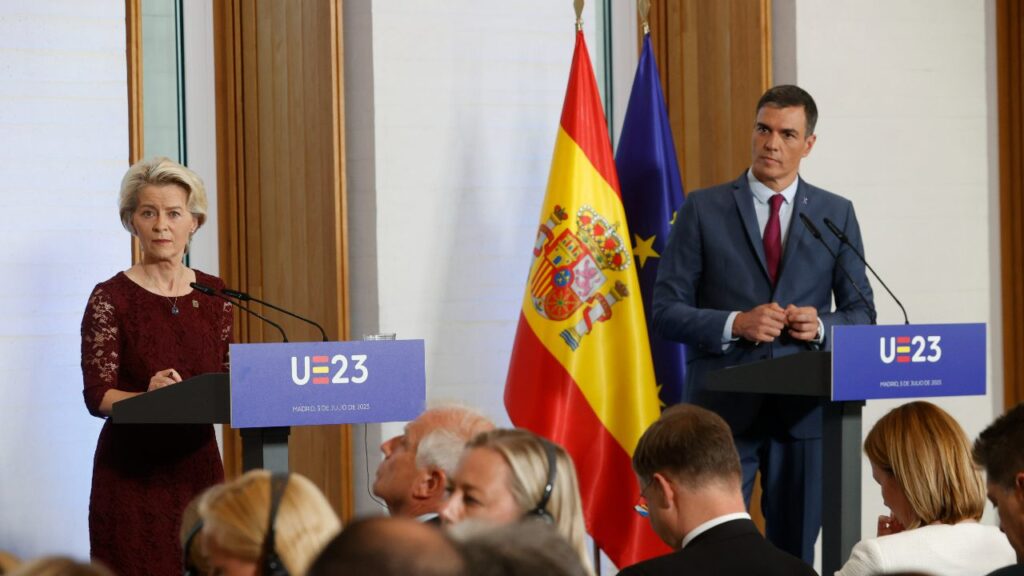
Spain’s EU Council Presidency was officially launched in Madrid, where both PM Sánchez and Commission President von der Leyen said they’d push through the Migration Pact regardless of Central European objections.
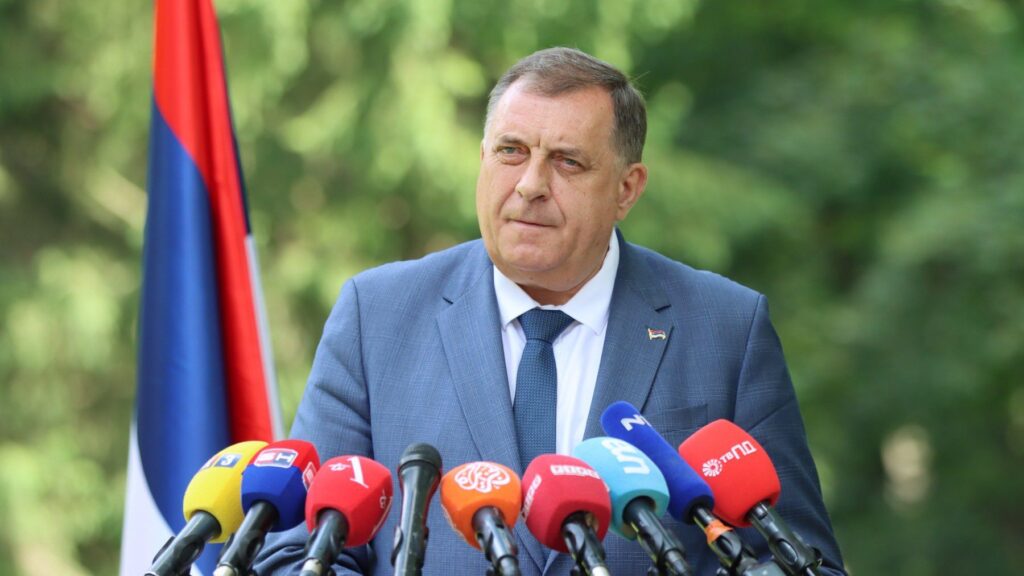
“There can be no sovereignty if you’re a colony,” Republika Srpska President Milorad Dodik said, calling Bosnia’s western supervision illegitimate and announcing a possible referendum on the region’s future, which could rip the country apart.
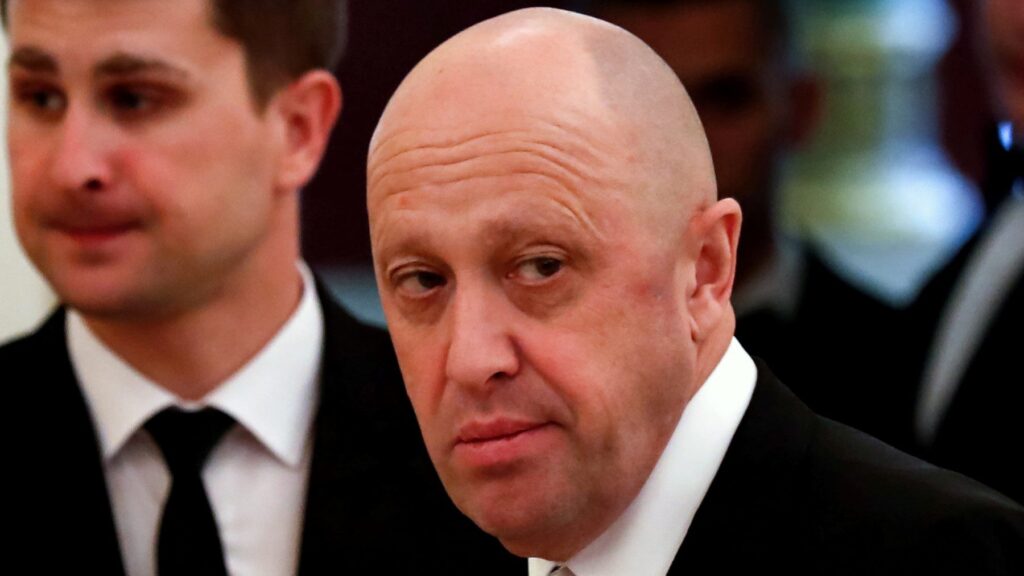
The rebellious mercenary chief lost six news sites and a $1 billion worth of catering business over the weekend. But even without Wagner, “there is no threat of decreased combat potential” on the front, Moscow claims.
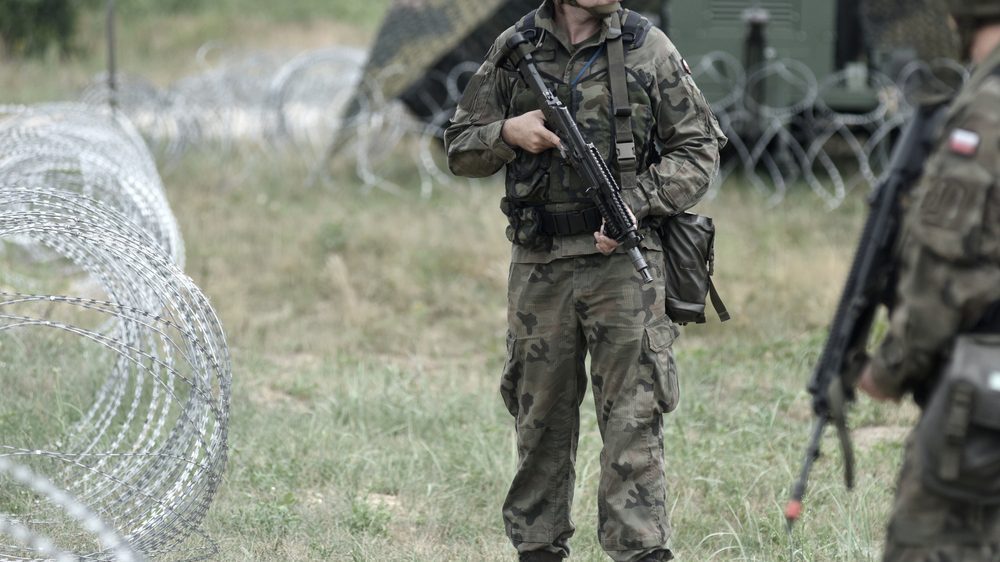
Illegal migrants are getting bolder and more aggressive at the border, but Polish authorities also brace for possible destabilization attempts coming from the 8,000 Wagner fighters relocated in the neighboring Belarus.
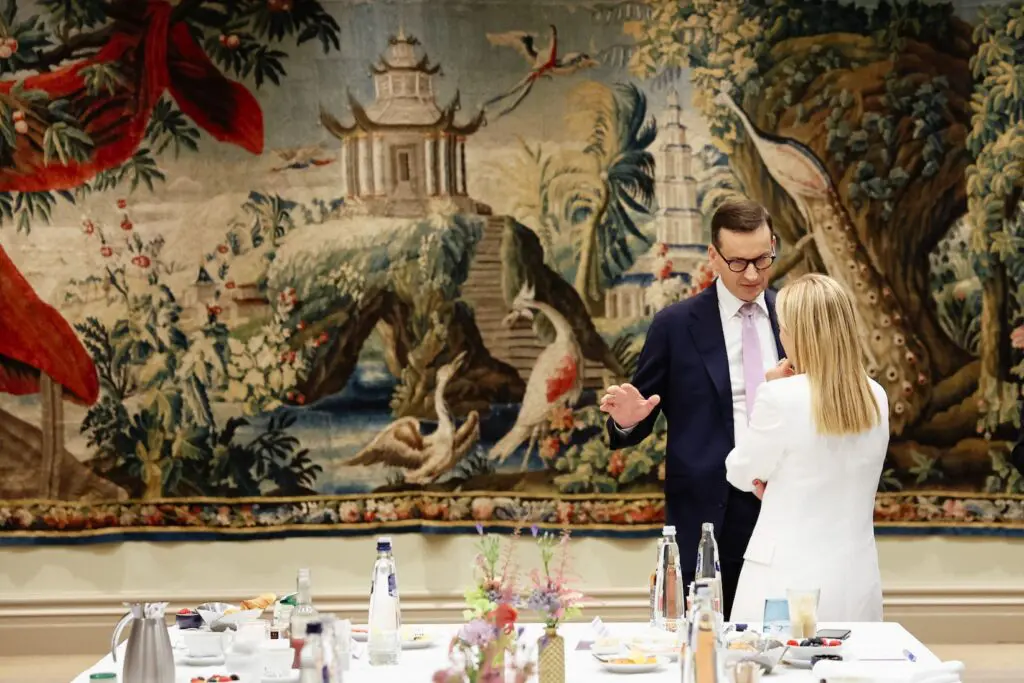
The debate lasted all night and the next morning, but despite personal pleas and pressure from leaders of influential member states, Morawiecki and Orbán could not budge on vetoing migrant relocations.
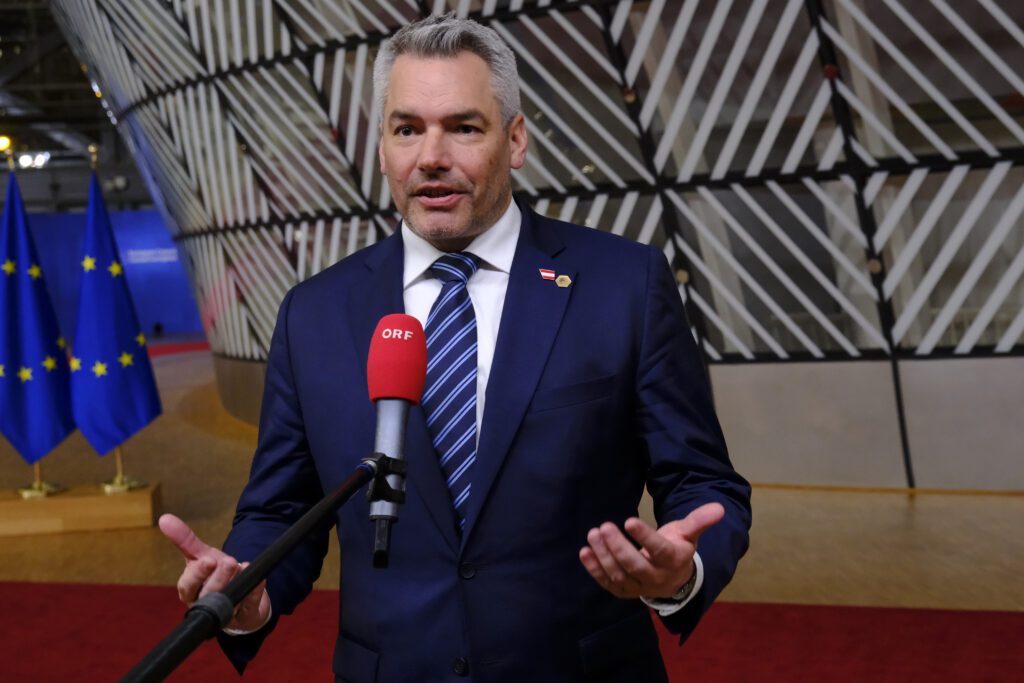
After the objections of Austria, Ireland, and Cyprus, the final text was watered down to respect member states’ neutrality when deciding on EU-wide defense commitments to Ukraine.
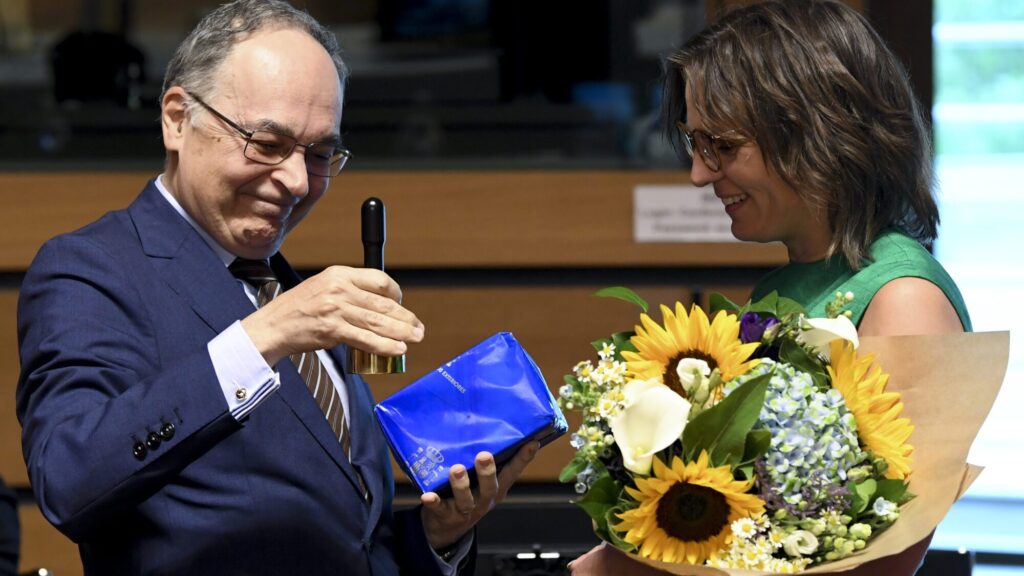
The Spanish-Belgian-Hungarian plan for the EU’s next 1.5 years is ambitious but vague, leaving much wriggle room for each of these very different countries’ unique legislative priorities. The long-term direction seems unchanged: more EU in everything.
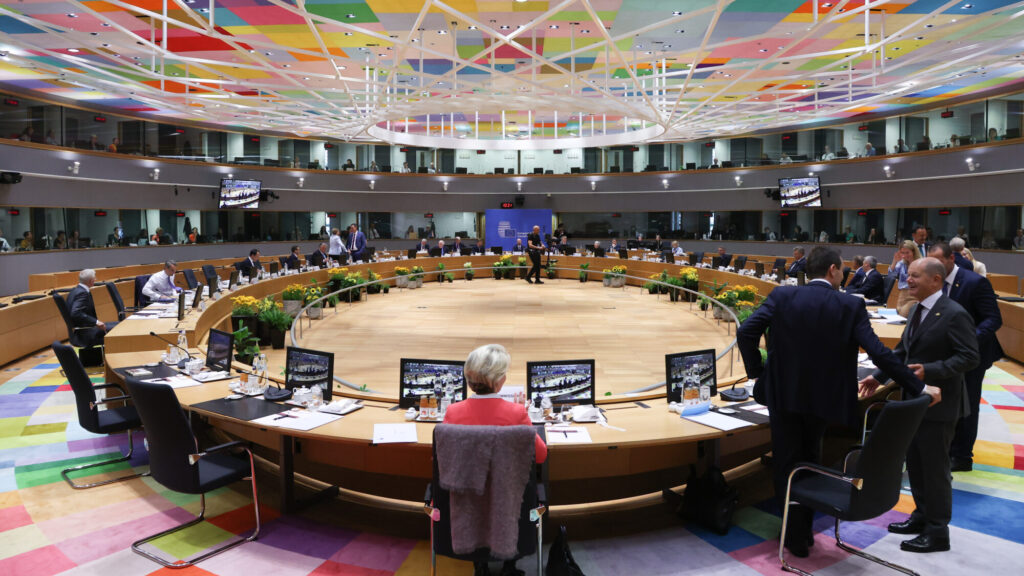
Poland promises to veto the migrant relocations, Hungary questions Brussels’s extra-budgetary requests, and others keep worrying about the possibility of a resurgent Wagner coming out of Belarus. All in one day.
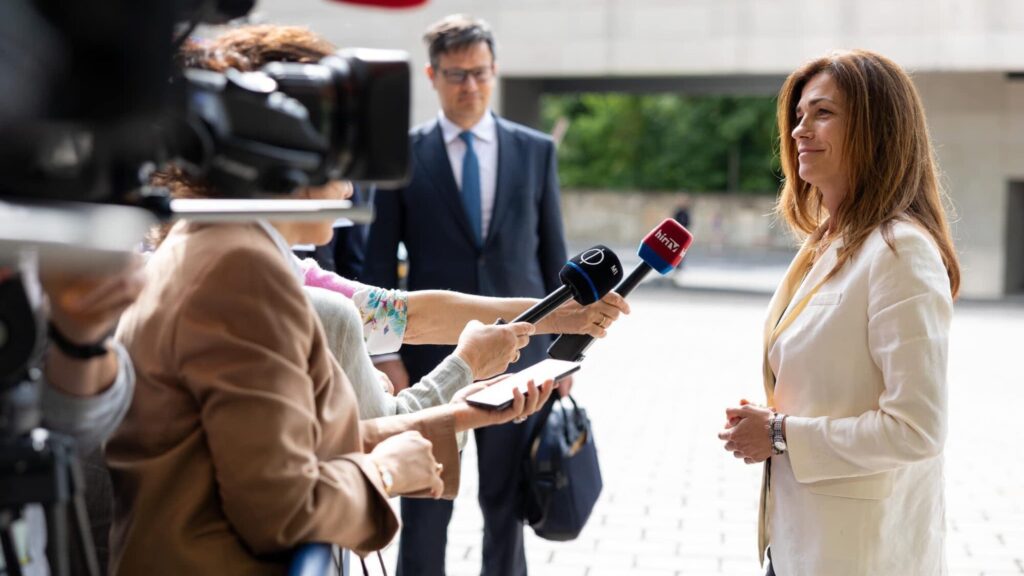
“If we look at the success of the Spanish Vox or the Fratelli d’Italia, we can see that the stigmas attached to sovereigntist parties are in vain: voters choose according to their own perception of reality,” Varga said, announcing the 2024 election bid.
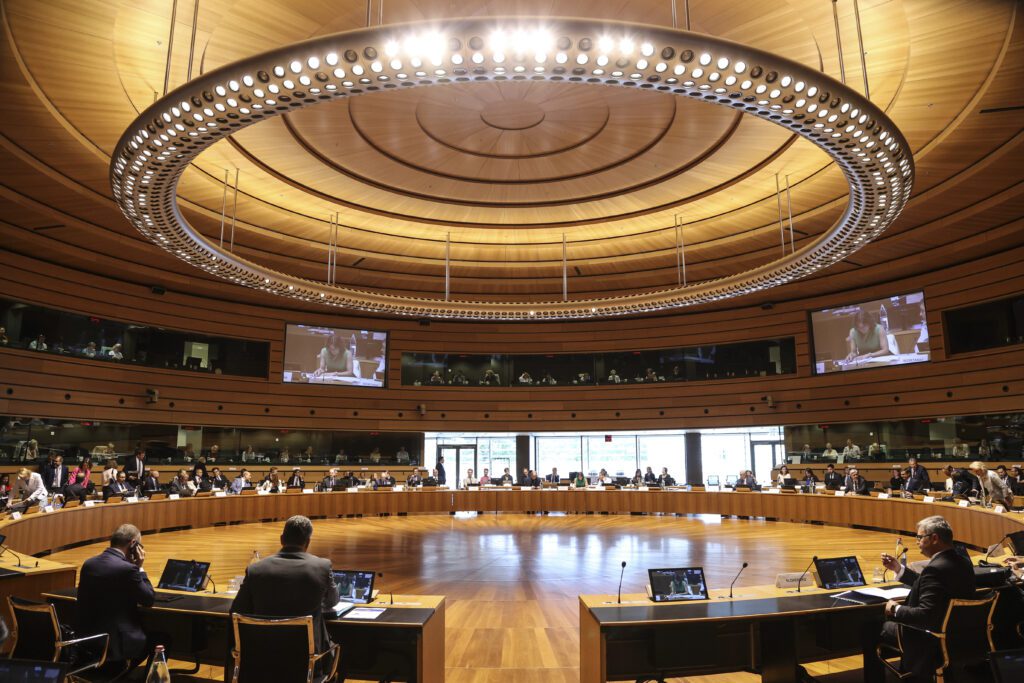
The European Parliament’s electoral reform package, meant to make EU elections more democratic is anything but, the EU Council agreed.
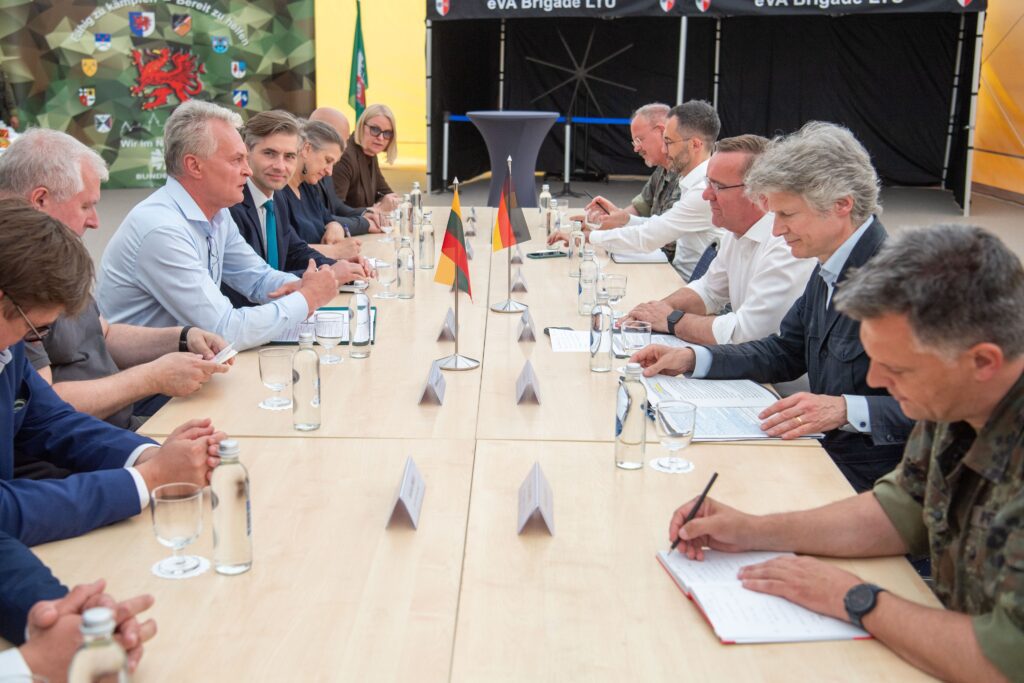
The sudden decision to deploy 4,000 troops has nothing to do with Wagner potentially regrouping in neighboring Belarus, the German Defense Ministry insists.